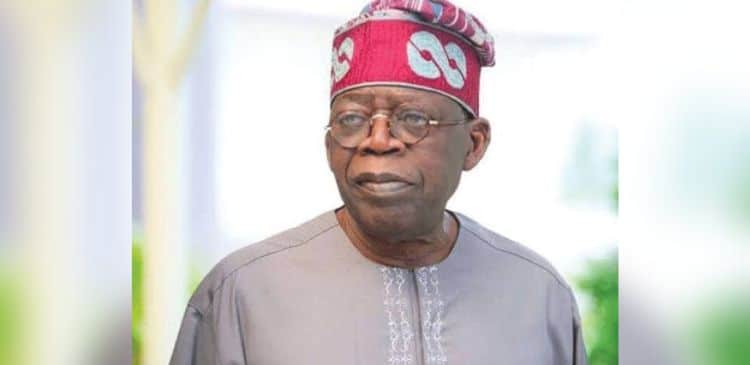Nigeria’s President-elect, Bola Tinubu is to inherit a public debt stock of N46 trillion from the outgoing administration of President Muhamamdu Buhari.
This debt burden comes with huge economic implications for the country, at a time almost all key indices are pointing toward negative territory. This report looks at the options for the incoming government.
Nigeria’s debt profile rose astronomically from N12.12 trillion in 2015 when the President Buhari took over office, to the current figure of N42.84 trillion eight years later.
Also Read: APC dissolves Bola Tinubu’s Campaign Council
The government had repeatedly maintained that its borrowings were for development and infrastructure. But for critics, the amount borrowed has not matched the level of infrastructure on the ground.
Nigeria is said to be the largest economy and most populous country in Africa. In recognition of the unsustainable burden of foreign debt and accruing interests in its development, President Olusegun Obasanjo’s administration in 2005 secured Nigeria a massive $18 billion debt relief from the Paris Club.
Despite almost wiping the country’s slate clean, successive governments have borrowed and are still borrowing. Infrastructure deficit, energy insufficiency, and other developmental gaps are still everyday realities
Unemployment is also predicted to rise from 37.7% in 2022 to 40.6% in 2023
Nigeria’s debt profile will be a whopping N46.25 trillion for domestic and external debt stock comprising borrowings by the Federal Government, states and the Federal Capital Territory, Abuja.
So what economic implications would this have on Nigeria’s growth? In fact, things might get tougher, and inflation could rise further if the new government implements the planned removal of fuel subsidy
To cushion the effect, the World Bank has given Nigerian another an $800 million facility, to be disbursed as subsidy removal palliative, subjecting the country to further indebtedness
The culture of borrowing has defined the economic policy of the Buhari government. But can the Tinubu administration devise ingenious ways of driving the economy without borrowing?
The 2024 budget, which will be the first expenditure framework of the incoming government, will provide clarity on whether there will be a deviation from the past.
(Editor: Terverr Tyav)








